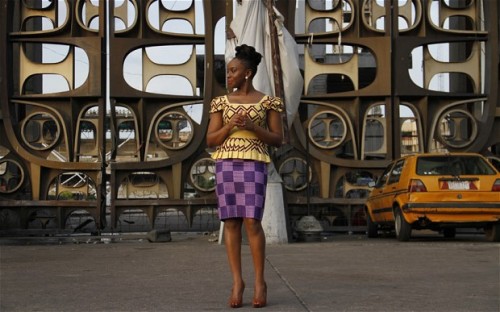In Pennsylvania, U.S., Dr. Kermit Gosnell faces the death penalty over allegations that he performed illegal late-term abortions by delivering babies, then snipping their spinal cords with scissors.
Afterward, he would reportedly cut off the babies’ feet and preserve them in jars.
Prosecutors also hold him responsible for the death of 41-year-old Bhutan refugee Karnamaya Mongar, who died from an overdose of anesthesia under his care.
Prosecutors also revealed that the clinic employed an unqualified staff — middle-school dropouts working alongside unlicensed medical school graduates.
The anesthesiologist was a sixth-grade dropout who couldn’t fully read or write, according to prosecutors. The woman who performed ultrasounds had an 8th grade education and phlebotomy certification for drawing blood. Another employee who worked in the operating room was a 15-year-old girl still attending high school.
Former employee Stephen Massof, an unlicensed medical school graduate, described snipping babies’ spinal cords as “literally a beheading.” He told the court that “it would rain fetuses.”
The more women paid, the more anesthesia they received.
Gosnell allegedly gave preferential treatment to white patients, whom he would meet with one-on-one before their procedures.

Former employee Elizabeth Hampton told the court that white women “would get better and more attention.”
Gosnell’s clinic operated for nearly 20 years without being inspected by the Pennsylvania Department of Health.
It earned the nickname “House of Horrors” largely because of a 2011 grand jury report that described the office as a “baby charnel house.”
From the District Attorney’s office: “The clinic reeked of animal urine, courtesy of the cats that were allowed to roam (and defecate) freely. Furniture and blankets were stained with blood. Instruments were not properly sterilized. Disposable medical supplies were not disposed of; they were reused, over and over again. Medical equipment – such as the defibrillator, the EKG, the pulse oximeter, the blood pressure cuff – was generally broken; even when it worked, it wasn’t used. The emergency exit was padlocked shut. And scattered throughout, in cabinets, in the basement, in a freezer, in jars and bagsand plastic jugs, were fetal remains.”


Source: Buzzfeed
![abortion_doctor[1]](http://cdn.informationnigeria.org/wp-content/uploads/2013/04/abortion_doctor1.jpg?9d7bd4)


![first-traditional-african-gay-wedding-ceremony-600x396[1]](http://cdn.informationnigeria.org/wp-content/uploads/2013/04/first-traditional-african-gay-wedding-ceremony-600x3961.jpg?9d7bd4)

